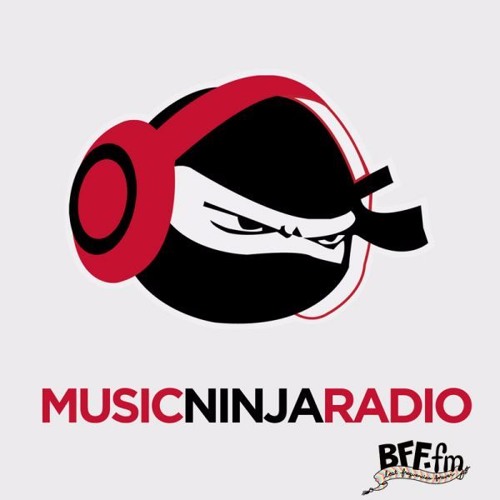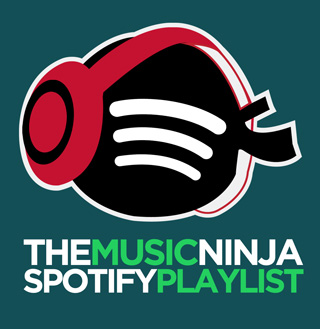I was watching Mad Men the other day with the Mrs. when I had one of those great Netflix moments: I had to pause my X Box to consider what one of the characters, Don Draper said and by extension, what the creators of Mad Men were trying to suggest to me. In a fairly stereotypical scene, Draper was lamenting to one of his subordinates about a troublesome client who wanted a specific piece of music for a commercial. Draper sighs, lights a cigarette, looks over to his younger subordinates and exclaims (to the extent that the character exclaims anything in his monotone delivery): “When did music become so important?”
Indeed. When?
I considered this as Draper was frozen in motion on the screen. Most of us point to those pivotal adolescent years as when we discovered the anti-establishment bands that we loved so much and defined our musical tastes. For my dad, it was Led Zepplin, Cream, The Who. For my older friends, Black Flag, The Melvins and Neurosis. For me, Rage Against the Machine, Tool, Nirvana. For some of my younger friends it was My Chemical Romance and Protest the Hero. Regardless the different styles of music and bands we become enamored with, it seems to happen right around 14 to 16 years old for most of us.
The remarkable thing is that regardless of when music first becomes important, it becomes important almost universally in the same place if you’re an American: The local indie record store.
Some of my fondest memories are in music stores, browsing through endless CDs with my older cousins looking for hidden treasures. I bought The Wall and Dark Side of the Moon in an indie record store. Opiate, Highly Refined Pirates, Master of Puppets, Career Suicide, and Bob Marley’s Legend (not in chronological order, naturally) were all purchased in indie record stores. I picked up A Brief History of Love after wandering into a record store in Soho, London, while traveling. As I walked in, the chorus from that Rancid song rang in my head over and over again: “Ruby, Ruby, Ruby, Ruby-Soho!”
If music is linked to memory, memory to experience, and experience to our existential purpose, then the indie record store has a quirky sense of divinity, doesn’t it? The album that we pick up from the indie record store is a packet of emotions that we’ll experience and memories we’ll create while listening to it. It will help form (or reform) our overall musical preferences in some small way. Those preferences will define our identity in some small way. Kinda cool, no?
And in the age of digital music—and yes, I say this as a regular contributor to The Music Ninja which does deal in digital music—I think a day like Record Store Day is all the more important. Granted, we can access music from the internet at any time. Point, click, done. And that’s fine at times. But I think there’s a romance and a ritual to going to the record store: a pause that is longer than a point and a click in our daily life. It is also a place where many of our indie bands wish to have their albums land. Real success is getting their vinyl (containing their blood sweat and tears) in that store. Indie record stores serve as a finish line. A stage for indie bands to celebrate their triumph.
So here’s in support of Record Store Day. Take a minute tomorrow to go see what’s new and hopefully rediscover that awe you felt when music first became important to you.
A servant, author of Geoff and Katie’s Playlist.


















